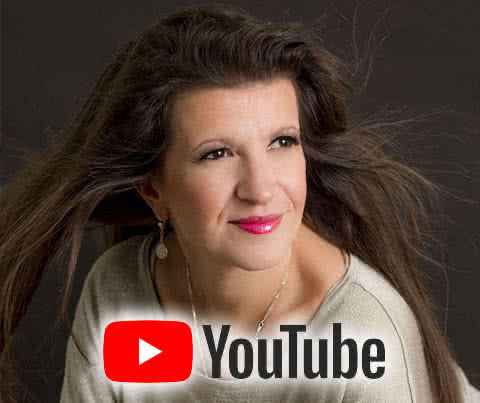Body language
Paraverbal communication, or body language, affects communication whenever there is eye contact. Until a few decades ago, it was believed that paraverbal communication outweighed verbal communication in importance, but today the idea of paralinguistics is preferred.
Expressiveness of gestures
The human being has developed to be a relational being, to interact with others, so it is normal that it communicates with every means at its disposal, not only with the voice, but also with the gestures of the entire body. This type of communication is so inherent in us that we are able to perceive a person's attitude without them actually pronouncing a single syllable.
Some people tend to gesticulate more clearly than others, but every time someone feels the need to express a concept on which he/she firmly believes instinctively, he/she will begin to gesticulate with the whole body, in an attempt to get his/her ideas fully understood.
This type of communication, also present in singers, is completely instinctive and without conscious control.
Communicator attitude
Knowing how to recognize in others an excellent ability to communicate does not mean knowing how to reproduce it correctly. Seeing a charismatic person talking does not mean being able to understand his or her "secrets"; on the contrary, sometimes, trying to copy lead to worsening of one's own abilities. The interlocutor immediately notices this dystonia between the verbal message and the paraverbal ones: unconsciously he will not accept the content for good, justifying the idea with a not well identified "sixth sense". It is not the message that you think you have transmitted that is important, but the one that has really been received by the other!
You can't think of learning to communicate correctly or of improving your skills as a speaker by following a simple public speaking class : you have to face all these problems that, as you have well understood, are unconscious, therefore not directly controlled by conscious thinking.







